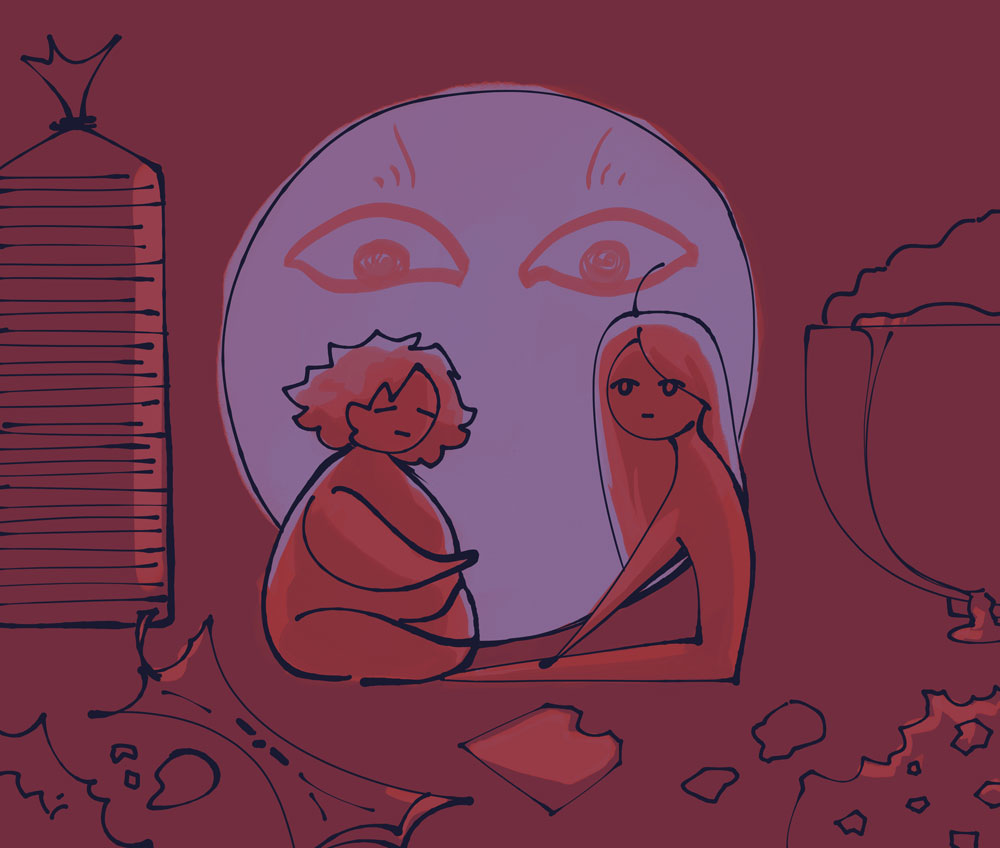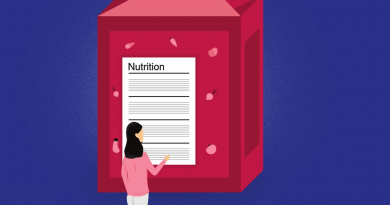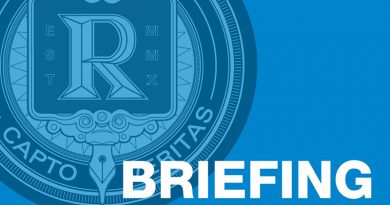Identifying Eating Disorders Is Crucial
Eating disorders are often overlooked. Many people believe that it’s a lifestyle choice but it’s not.
Individuals are oftentimes unaware of their condition and it can have a huge impact on their daily life.
Healthy diets and working out are awesome and benefit the body, but the issue starts when people restrict their body from eating the appropriate nutrients needed to survive.
Some common eating disorders include anorexia nervosa, bulimia nervosa and binge-eating.

People with a disorder are typically fixated with looking a certain way due to past trauma caused by weight-based comments, bullying and social media influencers dictating how a “normal” body should look.
According to ANAD—a nonprofit that provides free support services for people struggling with an eating disorder, women are most commonly diagnosed with an eating disorder. However, it can affect anyone regardless of gender or nationality.
Individuals who suffer from a binge-eating disorder often eat unnecessarily and excessively and try a variety of diets but are unsuccessful in losing weight.
People diagnosed with bulimia suffer uncontrollable eating, which leads to purging, fasting or excessive exercising. Sadly, they may also suffer from other health problems like a chronically inflamed throat, sensitive decaying teeth and acid reflux.
Anorexia is one of the most noticeable eating disorders because individuals who suffer from it tend to be severely thin. Symptoms include eating very small portions, intensive and excessive workout routines, intense fear of gaining weight and having a distorted body image.
If you or anyone you know suffers from any of the following symptoms, don’t worry because you’re not alone.
You can reach out to the National Eating Disorders Association Helpline at (800) 931-2237. For immediate help, text “NEDA” to 741741 to be connected with a trained crisis line volunteer.




